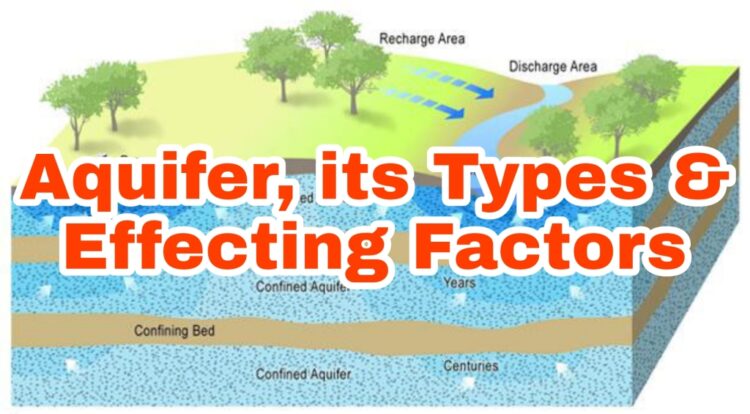Hydrological Analysis Hydrological analysis is the study of the movement, distribution, and quality of water on Earth. It involves the use of mathematical models, statistical analysis, and other scientific tools to examine the behavior of water in various natural systems, including rivers, lakes, groundwater aquifers, and the atmosphere. Hydrological analysis is important for understanding and […]
Read MoreTag: #hydrology

There are several methods to measure rainfall, including: Rain gauge: This is the most common and simplest method for measuring rainfall. It consists of a cylindrical container with a funnel that collects and measures the amount of rain. Tipping bucket rain gauge: This type of gauge uses a mechanism that tips over when a certain […]
Read More
An aquifer is an underground layer of water-bearing permeable rock, sediment, or soil. Aquifers can store large amounts of water and are a major source of groundwater for drinking, irrigation, and other uses. Aquifers are recharged by precipitation, surface water, and other sources of water. Groundwater from aquifers is often the only source of water […]
Read More
Arsenic toxicity is a global health problem affecting many millions of people. Contamination is caused by arsenic from natural geological sources leaching into aquifers, contaminating drinking water and may also occur from mining and other industrial processes. Arsenic is present as a contaminant in many traditional remedies. Arsenic exerts its toxicity by inactivating up to […]
Read More







